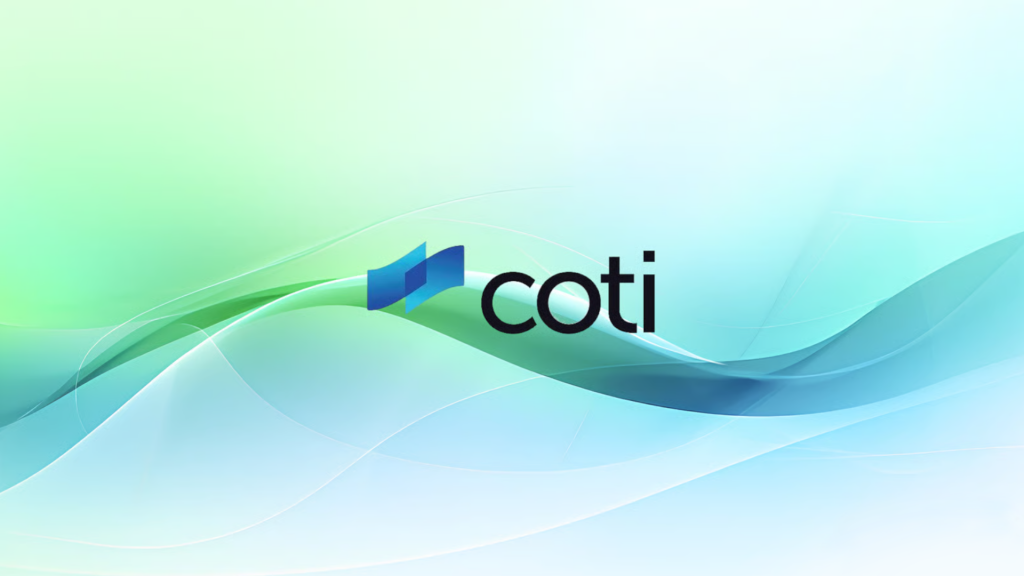MetaMask Users Can Now Send and Receive Private Tokens With COTI Integration

COTI brings privacy tokens to MetaMask with new Snap integration
In a move that expands user access to privacy-focused tools in Web3, COTI has launched a new integration allowing MetaMask users to send, receive, and manage private tokens directly within their wallet. This marks the first time private token functionality is available through MetaMask, the most widely used non-custodial wallet in the crypto ecosystem.
The integration is enabled via a MetaMask Snap — a modular extension designed to safely introduce new capabilities to MetaMask without compromising user security. With the COTI Snap, users can now handle confidential transactions and view balances tied to private assets without needing to leave the MetaMask environment.
Unlike anonymity-centric solutions, COTI’s private tokens focus on selective disclosure and permissioned privacy. These features support a range of real-world use cases, including confidential payments, stablecoins with built-in privacy, private DeFi strategies, DAO governance participation, and identity credentials. The goal is to offer compliance-ready privacy tools that protect sensitive data while enabling transparency when required.
Users can activate the integration by visiting COTI’s Snap Integration page and following a step-by-step connection process. Once installed, any MetaMask wallet can send and receive COTI private tokens, with full transaction support and wallet management available within the extension.
Token giveaway celebrates the rollout
To mark the launch, COTI is organizing a giveaway for its community. Wallets holding over 1,000 $COTI will receive a private “LOOT” token. The first 100 users to return their LOOT token to a designated address using the new Snap functionality will be rewarded with 500 COTI tokens.
The bottom line
COTI’s integration with MetaMask introduces a streamlined path to private token usage, bringing production-ready privacy into the hands of Web3 users. Beyond user experience improvements, the update opens the door for developers building privacy-first decentralized applications to integrate wallet functionality more easily.
The launch builds on COTI’s broader privacy strategy, including a $40 million developer grant program and the recent open-sourcing of its Djed stablecoin, designed with a multi-chain, privacy-centric architecture in mind.
With this integration, COTI sets the stage for a more private and secure on-chain ecosystem — without sacrificing accessibility or usability.
You May Also Like

DBS Tests Repo With Ripple RLUSD and Franklin sgBENJI

SBF-Linked Account Posts Document Claiming FTX Was ‘Never Bankrupt’
